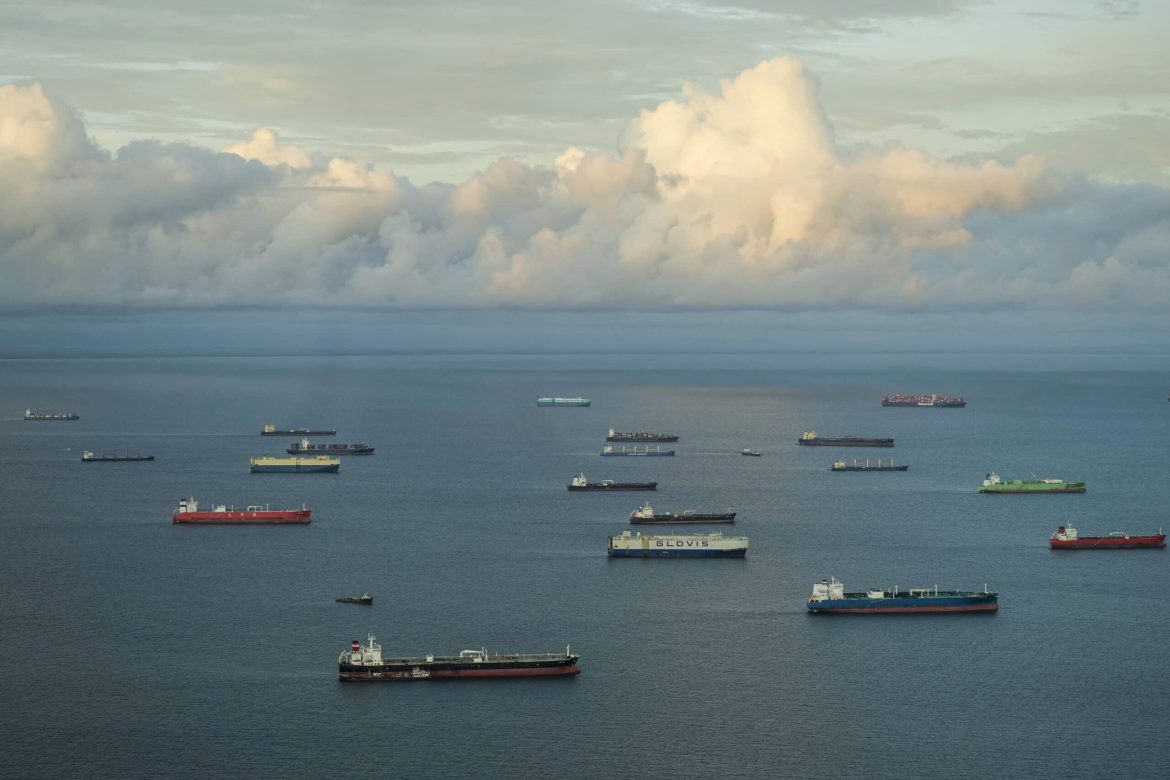Protests erupted in Panama City as demonstrators, gathered outside the U.S. Embassy, expressed their disapproval of U.S. President-elect Donald Trump’s suggestion for the U.S. to regain control of the Panama Canal, with signs and slogans criticizing his remarks.
As part of the protest, demonstrators burned an image of Trump, signaling their discontent with his comments. The protest attracted dozens of people who were unified in their opposition to any potential U.S. interference with the canal. Panama’s sense of sovereignty and pride in managing the canal independently was a recurring theme among the protesters. The canal, a crucial waterway connecting the Atlantic and Pacific Oceans, has been under Panamanian control since 1999. It was transferred from U.S. authority as part of the Torrijos-Carter Treaties signed in 1977. The canal’s management is a symbol of national pride for Panama.
Trump’s remarks have not only sparked protests but also raised concerns among Panamanian officials. Leaders in Panama have expressed their commitment to maintaining control over the canal. They believe it is vital for their national interests and economic stability. The canal plays a significant role in global trade, with thousands of vessels passing through each year. It is a critical source of revenue for Panama, and any disruption to its operations could have far-reaching effects on the country’s economy.
In the face of the controversy, Panamanian President Juan Carlos Varela reaffirmed the country’s sovereignty over the canal. He made it clear that Panama would not entertain any attempts to change the current status of the canal. Varela’s administration has emphasized the importance of maintaining strong diplomatic relations with the United States, but it stands firm in its stance on canal sovereignty.
The incident has also drawn reactions from international observers. Many are watching to see how relations between the United States and Panama will evolve in light of Trump’s statements. Historically, the canal has been a point of contention between the two nations, but it has also been a symbol of cooperation. The transfer of the canal to Panama was seen as a significant step in bilateral relations, and any suggestion of revisiting that agreement might strain ties.

